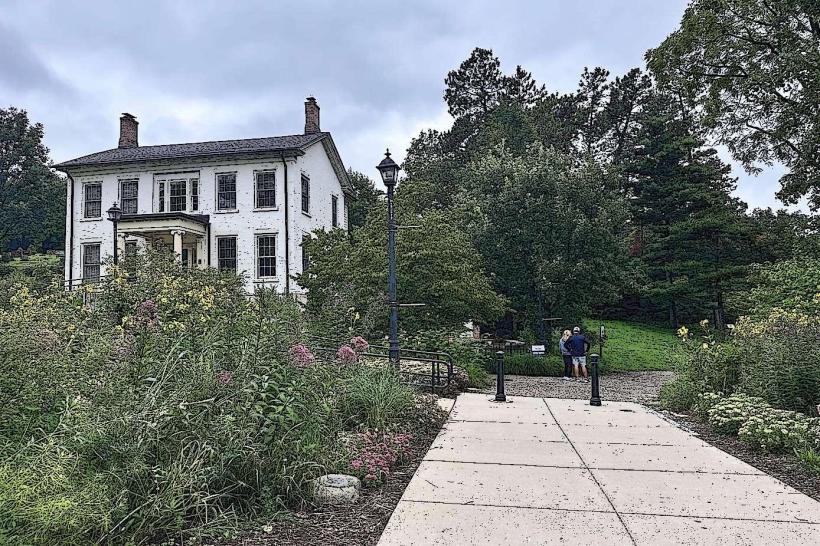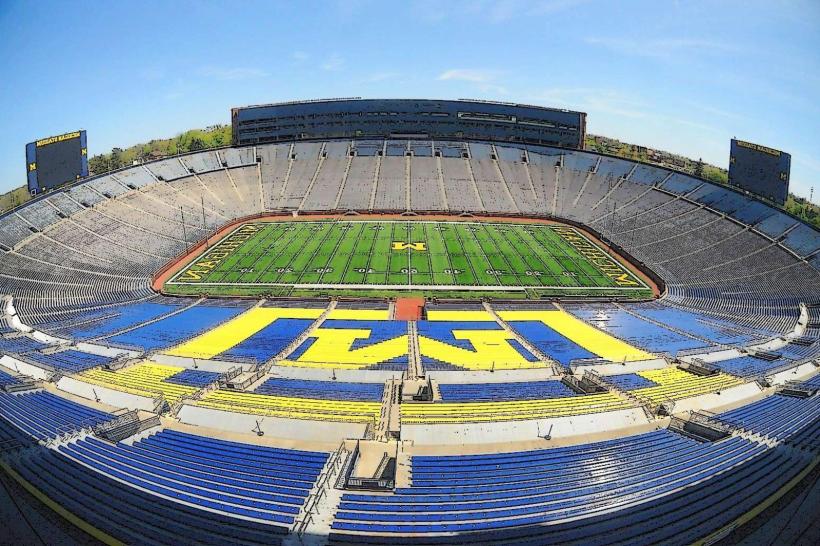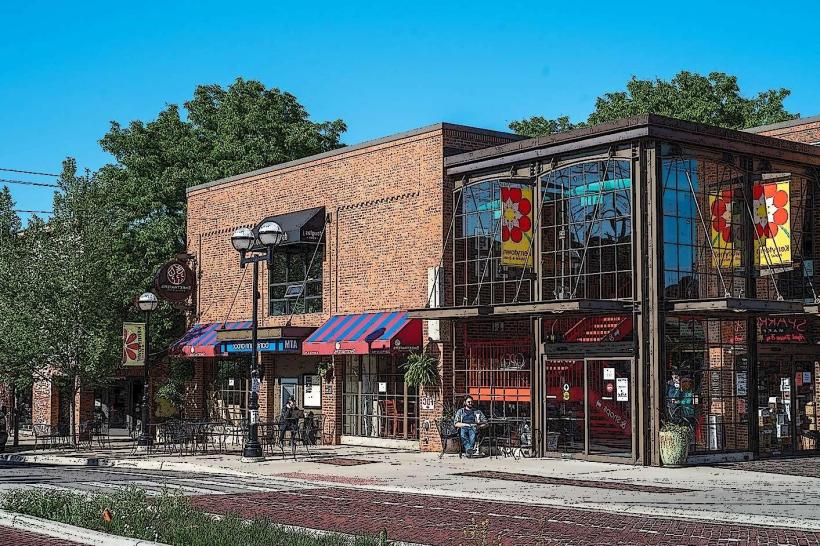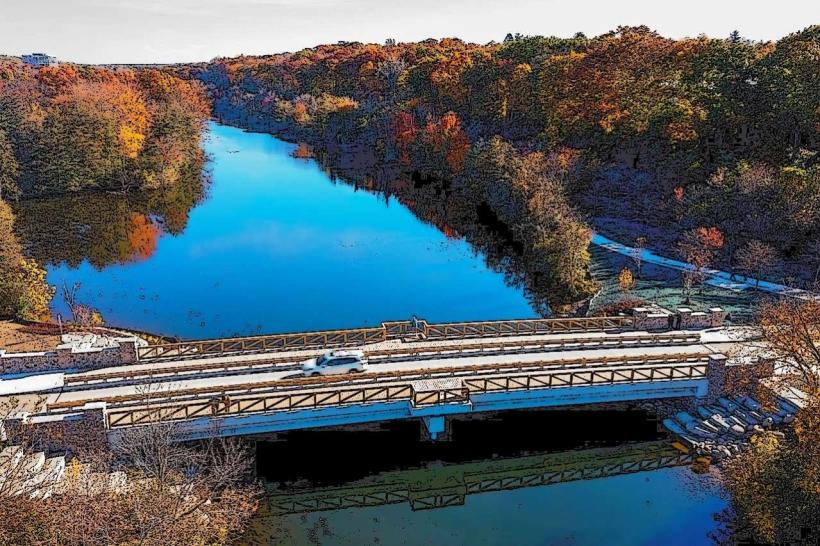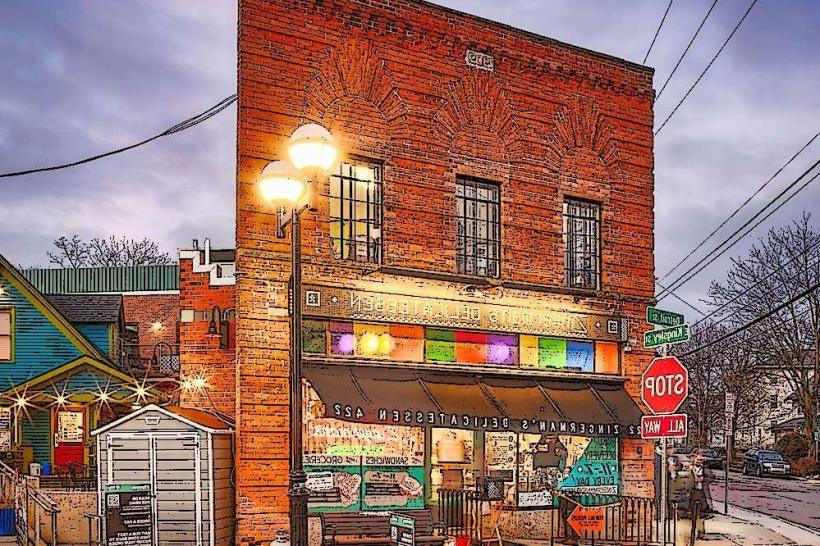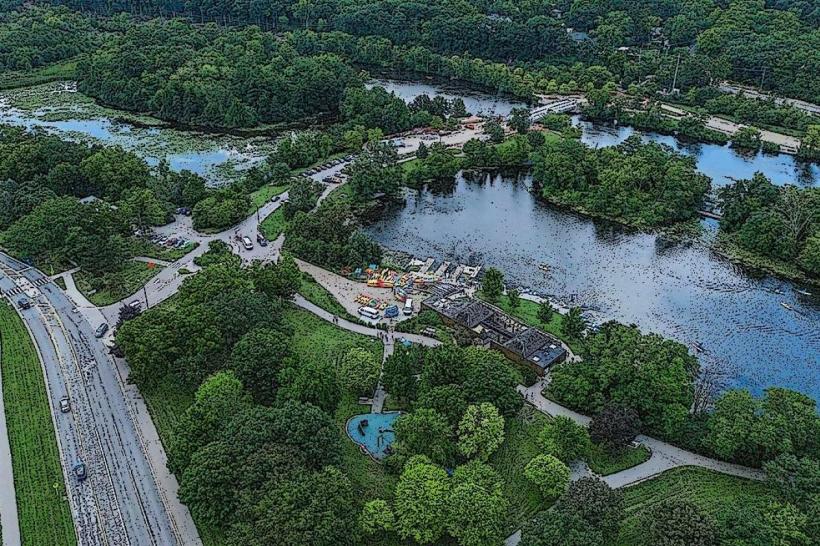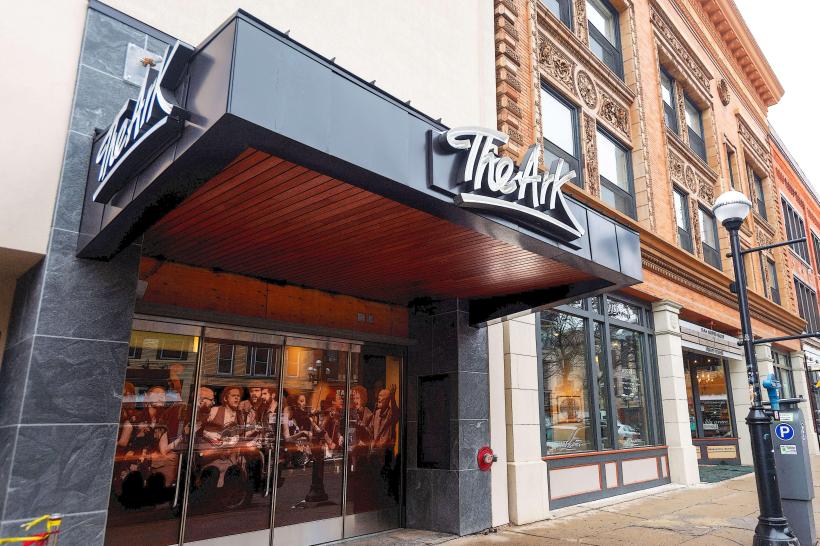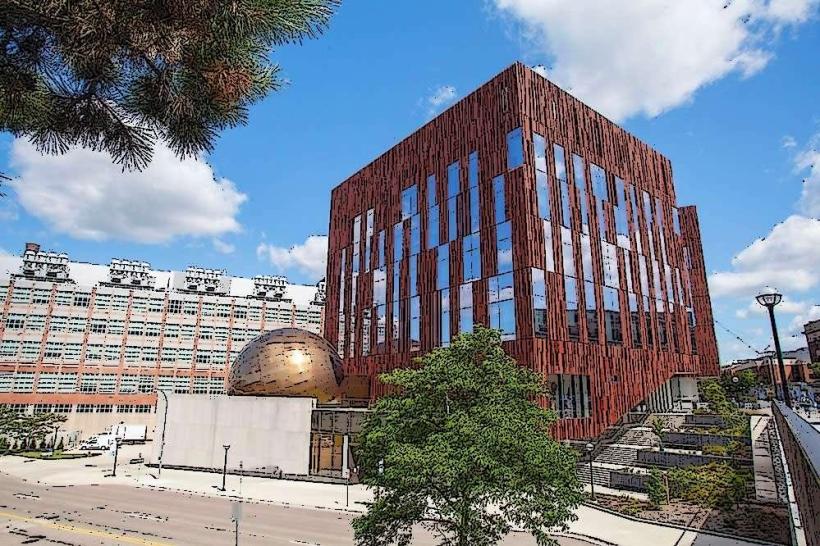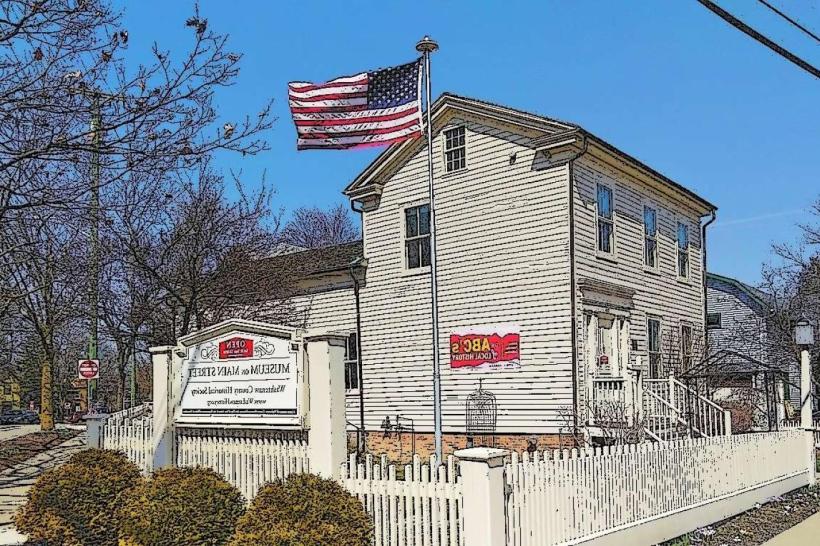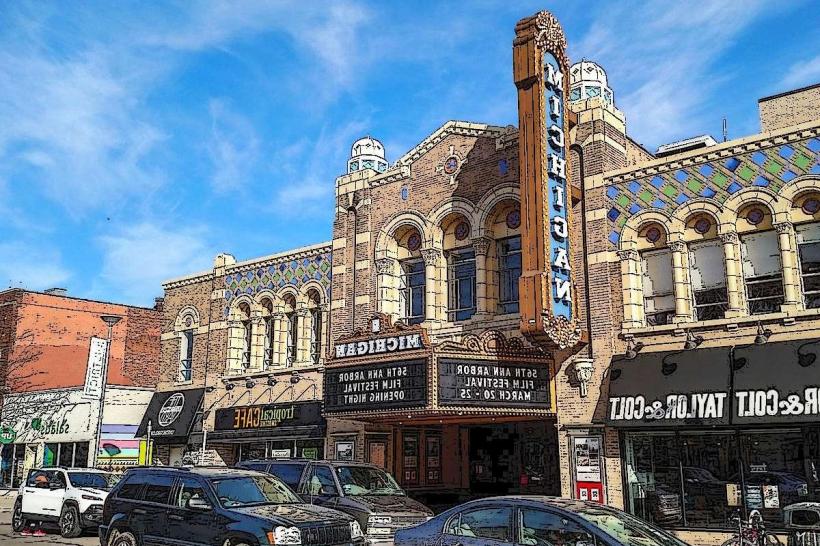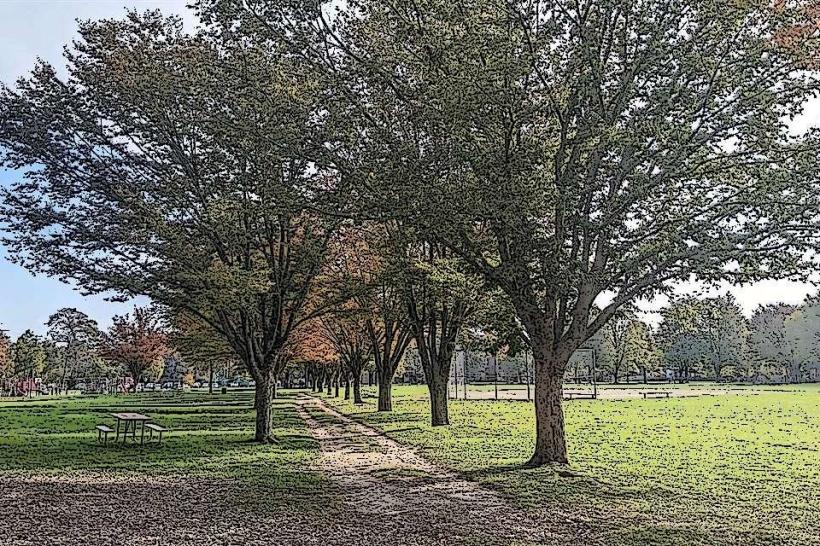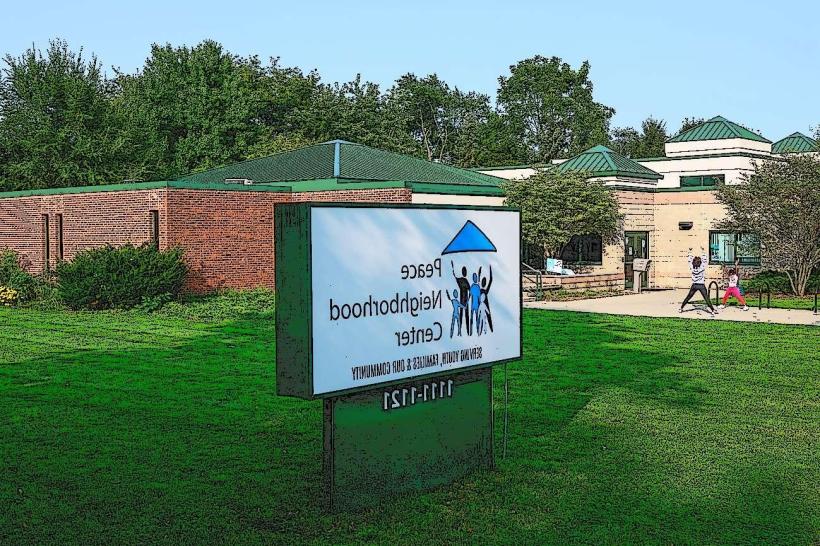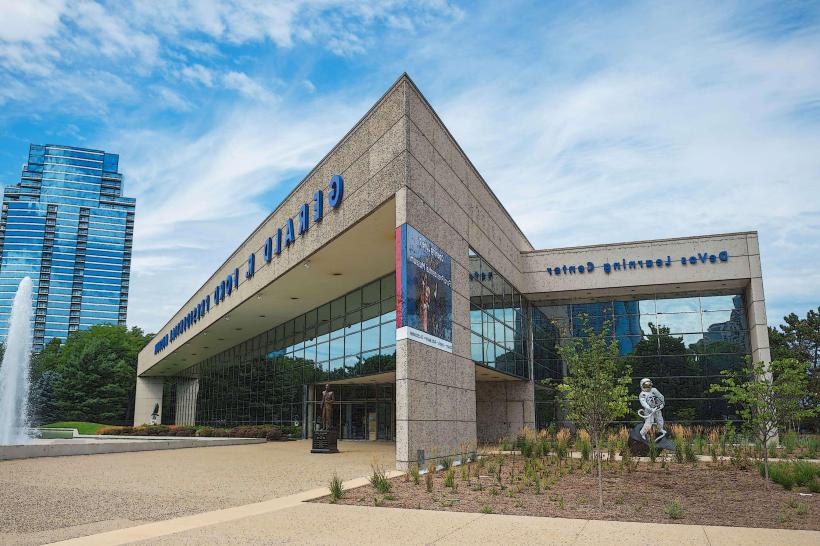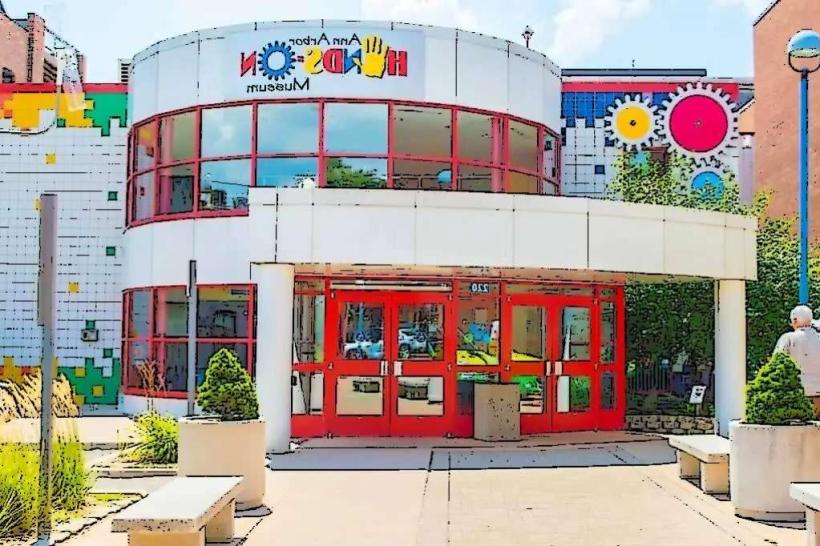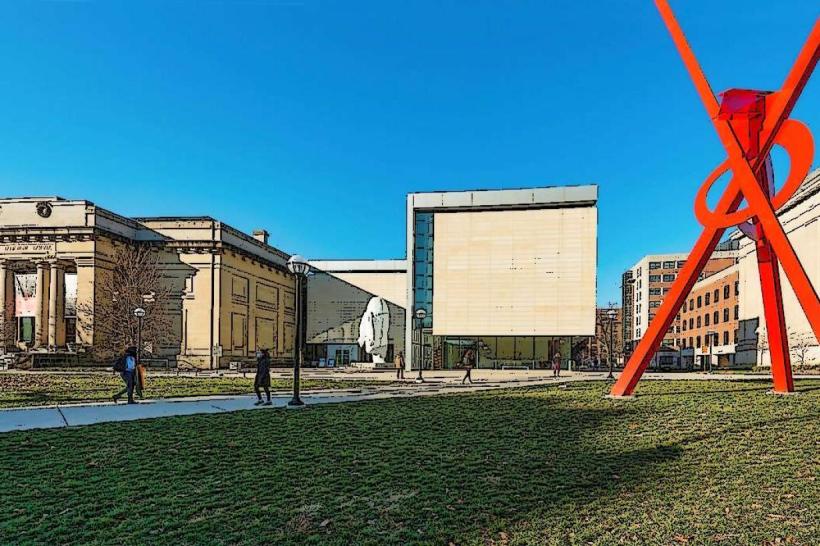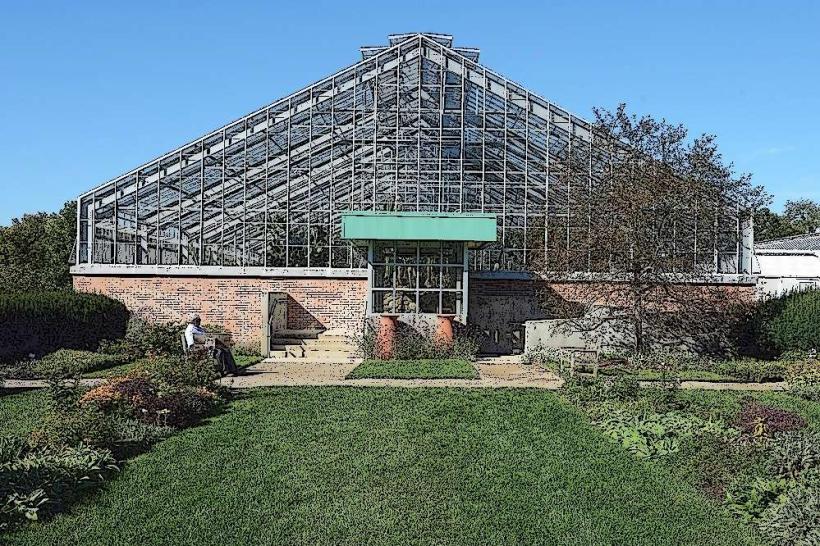Information
Landmark: Leslie Science & Nature CenterCity: Ann Arbor
Country: USA Michigan
Continent: North America
Leslie Science & Nature Center, Ann Arbor, USA Michigan, North America
Leslie Science & Nature Center (LSNC) – In-Depth Overview
Located on the north side of Ann Arbor, Michigan, the Leslie Science & Nature Center (LSNC) is a cherished environmental education campus that blends natural beauty, wildlife care, and immersive learning. Set across approximately 50 acres of diverse ecosystems-woodlands, meadows, prairie, and wetland habitats-LSNC provides educational programming and open public access to encourage ecological curiosity, outdoor recreation, and environmental stewardship for all ages.
Historical Background and Origins
The LSNC property was once the private estate of Dr. Eugene and Emily Leslie, who moved to Ann Arbor in the 1920s. Dr. Leslie was a chemical engineering professor at the University of Michigan. He was known for his innovative research in gasoline refinement and additive technologies, work he conducted from a personal laboratory built on this very property.
The Leslies created a self-sustaining home: they planted fruit orchards, raised livestock, and integrated scientific inquiry into their daily lifestyle. Their passion for both education and the natural world laid the foundation for what would later become LSNC. Upon their deaths in 1976, they bequeathed their land, home, and vision to the City of Ann Arbor, with the express intent that it be used to inspire, educate, and provide enjoyment for children.
The City formally established the Leslie Science Center in 1986. In 2007, the center evolved into an independent nonprofit under the new name Leslie Science & Nature Center, highlighting its broadened mission to serve all age groups and promote deeper ecological understanding.
The Land and Facilities
The LSNC campus is uniquely designed to support both structured educational programming and informal exploration. It offers a rich, hands-on environment to connect with native ecosystems and wildlife.
1. Outdoor Habitats
Woodlands: Home to deer, foxes, and countless bird species, the trails here offer a forest bathing experience.
Prairie and Grasslands: Once rare in Michigan, this reconstructed habitat supports monarch butterflies, insects, and ground-nesting birds.
Wetlands: These serve as natural filtration systems and provide habitat for frogs, turtles, and aquatic birds.
2. Raptor Enclosures (Birds of Prey)
One of the center’s most celebrated features is its permanent sanctuary for non-releasable raptors. Injured or imprinted birds that cannot survive in the wild are cared for here. Residents include:
Red-tailed hawks
Great horned owls
Bald eagles
American kestrels
Turkey vultures
These majestic birds serve as wildlife ambassadors in public education, helping children and adults understand avian biology, conservation, and the impact of human development on wildlife.
3. Critter House
An indoor exhibit space that allows children and visitors to get close to smaller native animals like:
Snakes, toads, turtles
Rabbits and rodents
Insects and arthropods
It is open to the public on select days (typically Sundays) and used frequently in programming for younger children. It emphasizes touch-based, supervised learning, and empathy for all living creatures.
4. Nature Playscape
Unlike plastic playgrounds, this outdoor space is made entirely of natural materials like logs, boulders, sand, mud pits, and water features. The goal is to encourage unstructured, imaginative play, reconnecting children with sensory elements found in nature-digging, climbing, building, and splashing without rigid rules.
5. DTE Energy Nature House
This green-designed building serves as the main indoor programming hub. Features include:
Solar panels
Composting toilets
Recycled materials
Rainwater management systems
It is a working model of sustainable architecture and serves as a venue for workshops, birthday parties, and science camps.
Educational Programming
LSNC specializes in experiential learning, using direct observation, tactile engagement, and storytelling to teach complex ecological principles in a way that’s accessible and fun.
1. School and Group Field Trips
Aligned with Next Generation Science Standards (NGSS).
Popular themes include Animal Adaptations, Insect Investigation, Habitat Hike, and Birds of Prey.
Programs often include both indoor lessons and guided outdoor exploration.
2. Summer Camps
Camps are available for ages 4–17, divided by age and interest.
Themes range from "Wilderness Survival" to "Forest Detectives" to "Eco Engineers".
Designed to build confidence, curiosity, teamwork, and resilience through full-day adventures.
3. Community Events
Regular events draw large crowds and foster a community-wide appreciation for nature:
Monarch Migration Festival: Celebrating butterfly life cycles with tagging demonstrations and hands-on crafts.
Earth Day Festival: Environmental exhibitors, green living demonstrations, and nature hikes.
Critter Days and Bird Walks: Family-friendly learning with direct contact with naturalists and wildlife.
4. Outreach and Mobile Programs
Naturalists visit schools, libraries, and senior centers, bringing small animals and science kits.
Tailored presentations can focus on wildlife conservation, animal adaptations, and ecology.
Environmental Stewardship and Challenges
In 2019, LSNC was confronted with elevated levels of arsenic and lead in certain soil samples-legacy pollution from nearby industrial and residential development. In response:
Certain parts of the property were temporarily fenced off.
Educational activities were relocated to unaffected areas.
Long-term soil remediation strategies were developed in collaboration with the City of Ann Arbor and state environmental agencies.
The response demonstrated LSNC’s deep commitment to transparency, safety, and science-based land stewardship.
Organizational Model and Partnerships
Today, LSNC operates as a nonprofit organization but maintains close collaboration with:
The City of Ann Arbor
The Ann Arbor Hands-On Museum, with which it shares leadership and staff
Local school districts, universities, and community centers
Its model blends public ownership, private donations, and foundation support, allowing it to offer most of its programming either free or at low cost.
Visitor Information
Address: 1831 Traver Road, Ann Arbor, MI 48105
Grounds Hours: Trails and raptor enclosures open daily, dawn to dusk
Critter House: Typically open Sundays, 12:00 PM – 3:00 PM
Admission: Free for general visitation; donations encouraged ($5/person or $20/family)
Accessibility: Several trails and buildings are wheelchair accessible
Conclusion
The Leslie Science & Nature Center is more than a nature preserve or museum-it's a living, breathing classroom rooted in history and grounded in environmental responsibility. Whether you're an Ann Arbor local or a visiting family, LSNC offers a unique, immersive way to learn about nature by being in nature. Its educational philosophy emphasizes connection, curiosity, and conservation, making it a beloved destination for generations of learners, scientists, and wanderers alike.

